What Is Good Mental Health?
Wellness and well-being hits us hard when we realise that we are struggling. We should not wait for this to happen. We all need to make sure we work to avoid it ever becoming an issue for us. If we do realise that things are not as good as they have been in the past, we need to act. We should always remember that our mental health and physical health are linked.
Read about our Wellbeing Project.
Listen to our Mindfulness podcast here.
Here are our top 10 tips for good mental health:
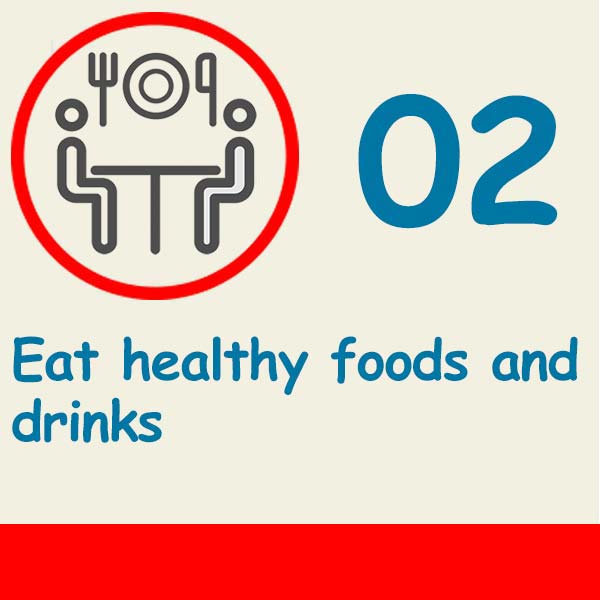
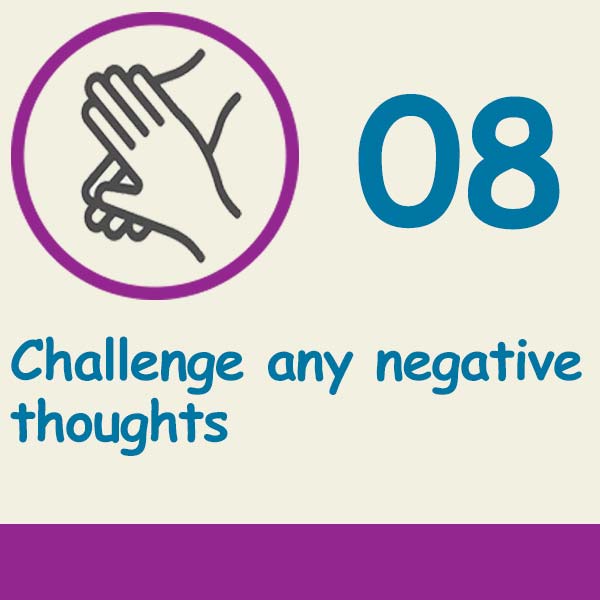
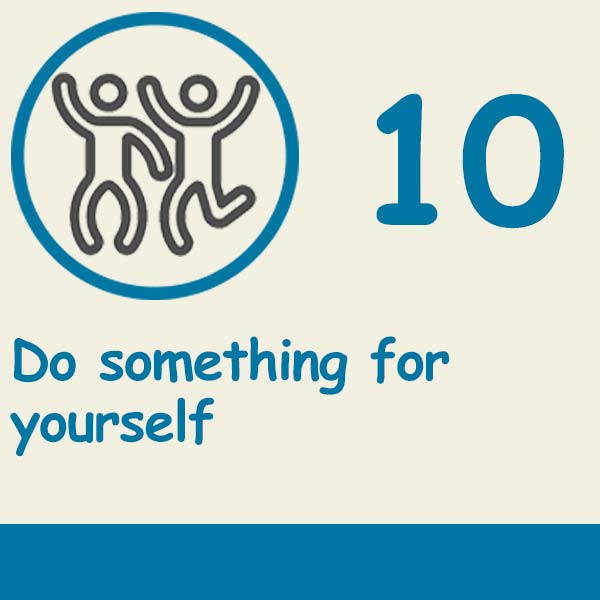
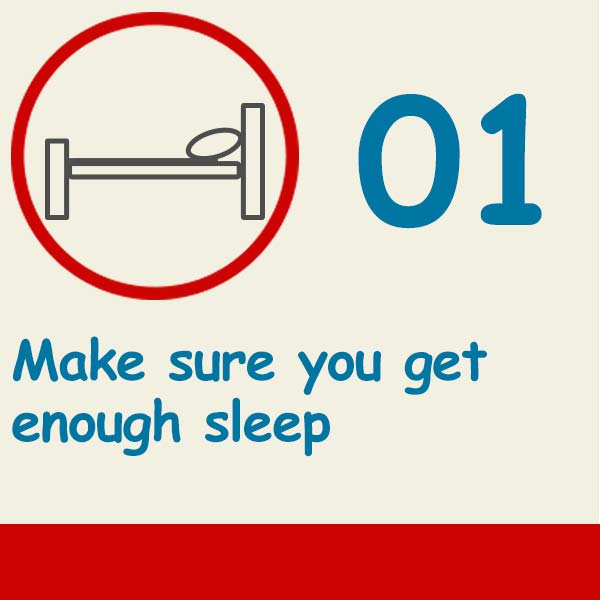
 Get Better Quality Sleep
Get Better Quality Sleep What Are You Eating Today? Diary
What Are You Eating Today? Diary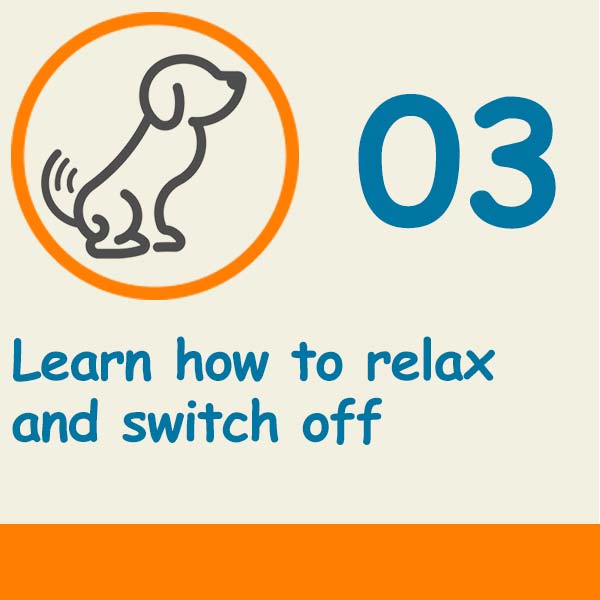
 Progressive Muscle Relaxation
Progressive Muscle Relaxation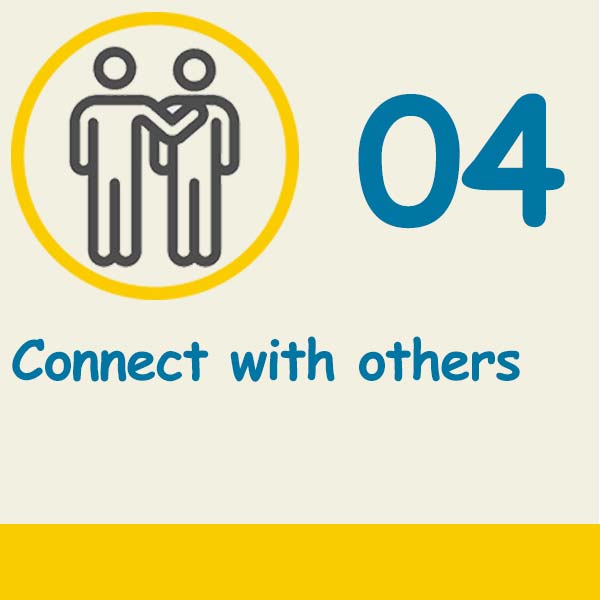
 Connect with others
Connect with others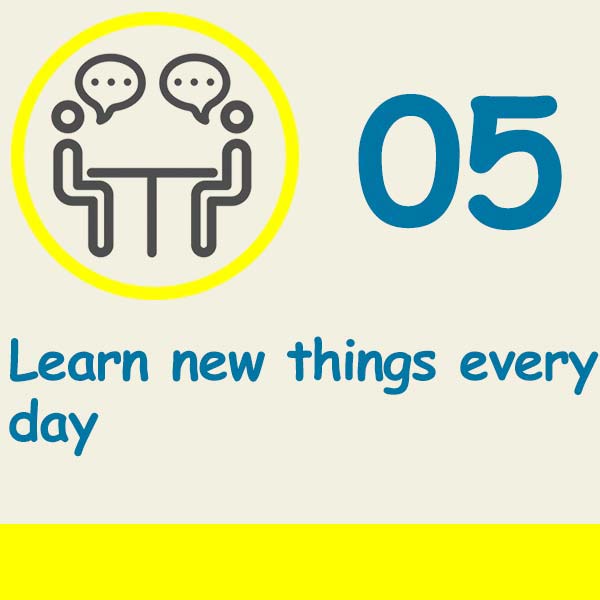
 Exercises to strengthen your mind
Exercises to strengthen your mind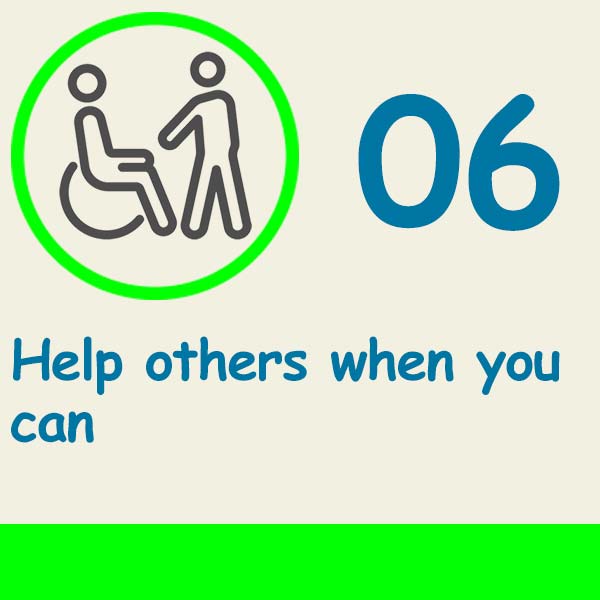
 Help others when you can
Help others when you can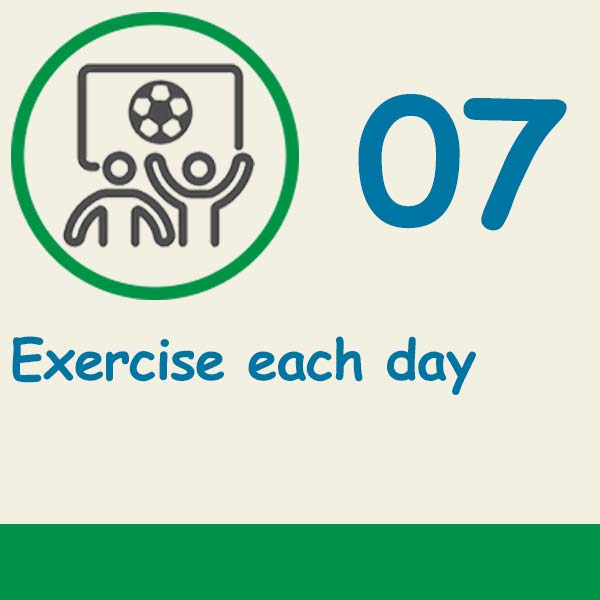
 Exercise for Your Mental Health
Exercise for Your Mental Health Stress Scales
Stress Scales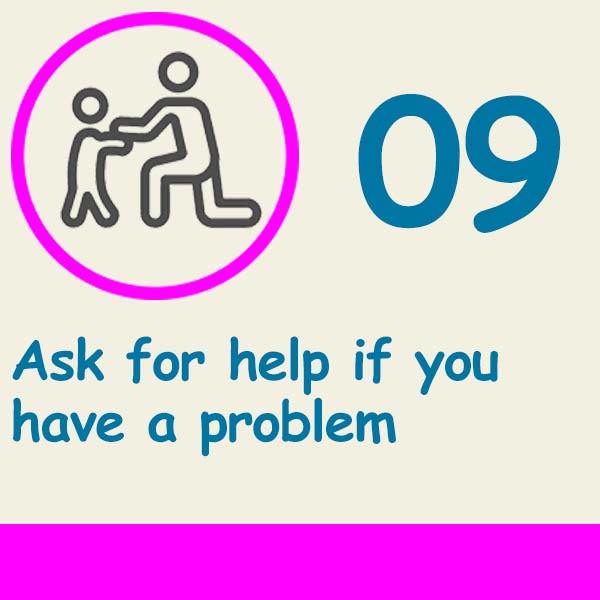
 Asking for help when you have a problem
Asking for help when you have a problem